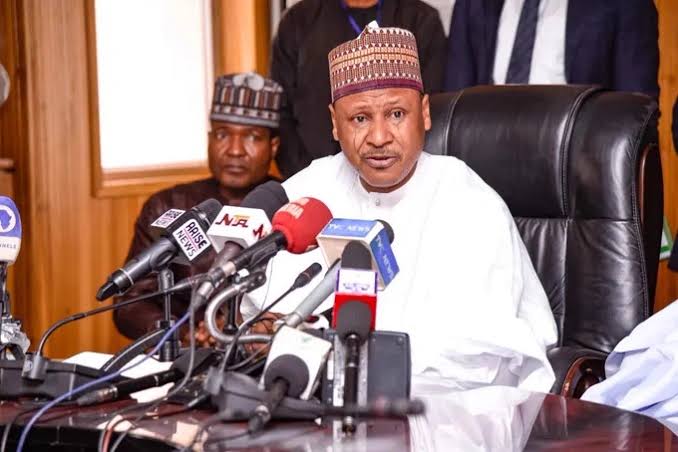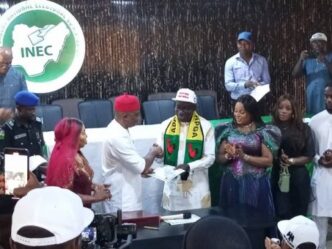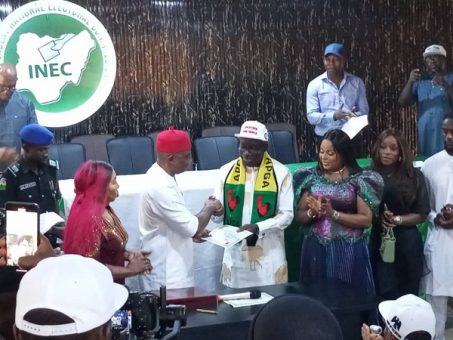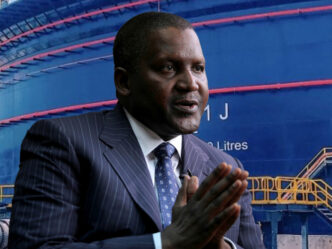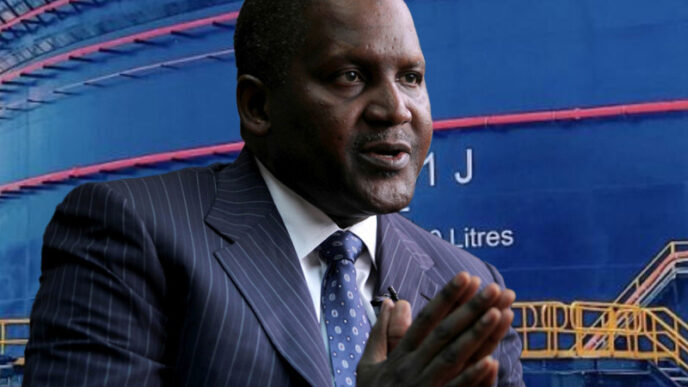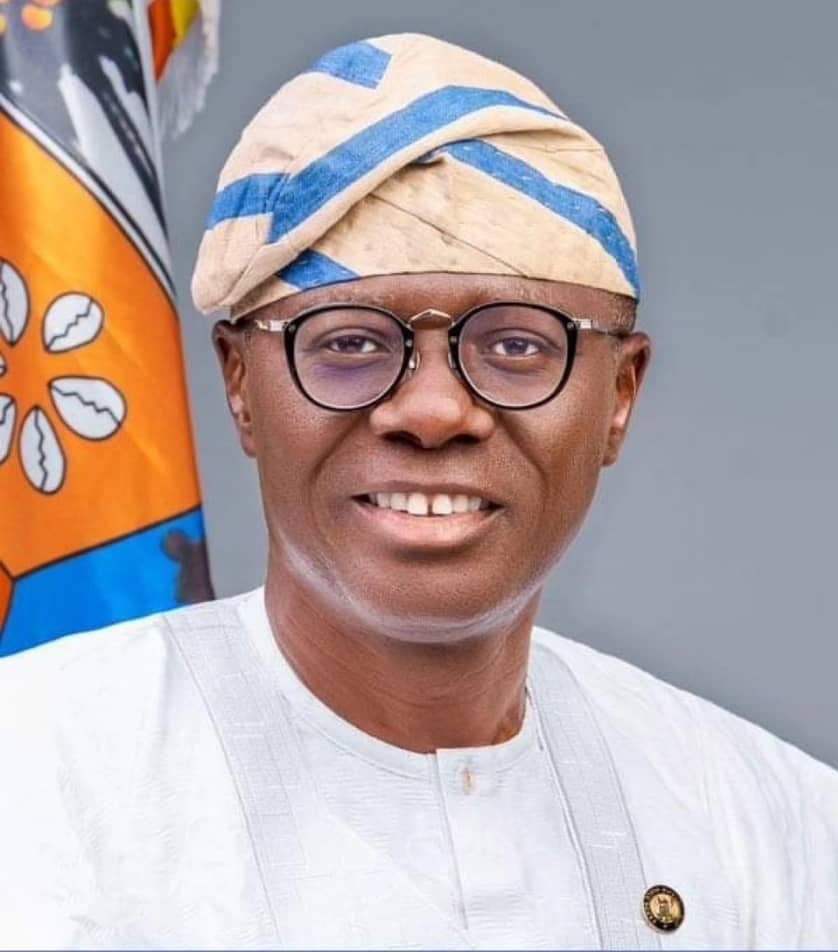Federal Government has confirmed that diplomatic discussions are underway with the United States to ease tensions sparked by U.S. President Donald Trump’s recent threat of military action over alleged persecution of Christians in Nigeria.
Gatekeepers News reports that the Minister of Information and National Orientation, Mohammed Idris, disclosed this during an interview on Sky News’ The World with Yalda Hakim on Monday.
“Communication lines with the United States have been opened,” Idris said. “We are talking to them, and they are beginning to see the situation more clearly. Much of the information circulating is based on data that cannot withstand proper scrutiny.”
He added that the ongoing dialogue was helping U.S. officials better understand Nigeria’s “diversity and complexity.”
President Trump had, on October 31, posted a warning on his Truth Social platform accusing Nigerian authorities of allowing Islamist extremists and Fulani herdsmen to “kill thousands of Christians each year.” He also reinstated Nigeria on the list of Countries of Particular Concern (CPC) for alleged violations of religious freedom, ordered a review of U.S. aid, and instructed the Pentagon to consider “military options.”
The U.S. State Department confirmed Nigeria’s CPC designation on November 1, citing reports of mass persecution in parts of northern and central Nigeria.
The decision has reignited debate over religious and ethnic violence in Africa’s most populous nation, where clashes between Muslim Fulani herders and mostly Christian farming communities have claimed thousands of lives over the past decade.
However, the Nigerian government maintains that the conflict is rooted in resource competition and criminal activity rather than religion.
“Nigeria has guaranteed freedom of religion under its constitution,” Idris insisted. “Conflicts in the Middle Belt are not religious wars.”
The minister further alleged that some of the U.S. concerns were influenced by lobbyists linked to the proscribed Indigenous People of Biafra (IPOB).
“There is a direct connection between some U.S. lobbyists and this proscribed group,” he said.
Tensions between Abuja and Washington have escalated in recent weeks. On November 4, presidential adviser Bayo Onanuga accused U.S. Senator Ted Cruz of spreading misinformation after co-sponsoring a resolution calling for investigations into the killing of Christians in Nigeria. The Nigerian presidency alleged that the senator had ties to IPOB representatives lobbying in Washington.
IPOB, led by detained activist Nnamdi Kanu, has welcomed Trump’s stance and called for an international inquiry into alleged human rights abuses. Since February, the group’s envoys have reportedly met with several U.S. lawmakers to highlight what they describe as the marginalisation of the Igbo ethnic group.
Despite the tensions, Idris called for continued collaboration between both nations on security and counter-terrorism.
“The United States has helped Nigeria fight terrorism in the past. We want that partnership to continue,” he said.
President Bola Tinubu also appealed for dialogue in a statement issued on November 2.
“The description of Nigeria as intolerant is inaccurate,” Tinubu said. “We will continue to work with the United States to resolve these concerns through diplomatic and political means.”
The controversy has drawn international reactions. China, on November 5, urged Washington to avoid interfering in Nigeria’s internal affairs, while Russia’s ambassador in Abuja cautioned against what he described as “neo-colonial adventurism.”
In a related move, Chad temporarily closed its northern border with Nigeria, citing fears of regional instability should any U.S. military action occur.
Religious violence remains a pressing issue in Nigeria. The National Human Rights Commission (NHRC) reports that at least 2,000 people were killed in communal clashes and insurgent attacks between January and September 2025. The Nigerian Air Force continues counterinsurgency operations in the northeast, while local vigilante groups in the Middle Belt struggle to prevent reprisals between farmers and herders.
Nigeria remains a key U.S. counter-terrorism partner in the Sahel, receiving about $500 million annually in military and humanitarian assistance. Washington continues to view Abuja as a strategic stabilising force in West Africa, where jihadist networks have expanded since 2020.

